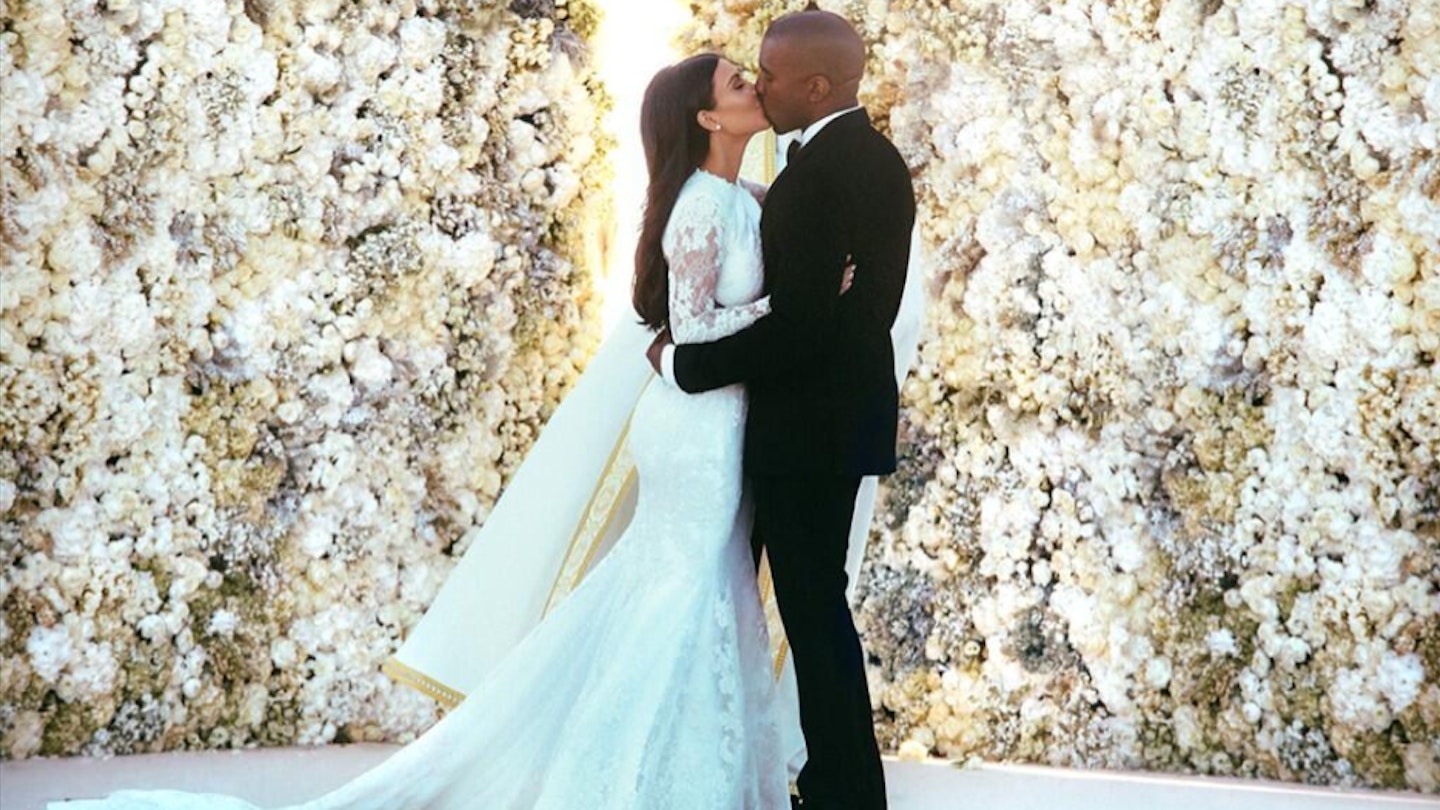“The thing I’m most stressed about for my wedding,” begins my friend. “Is the hashtag.” I can’t tell if she’s joking or not, but before I can ask for clarification, she proves just how serious she is. “I have a few options, but I don’t think they’re witty enough. So far I’ve got #MyGuy [her fiance is called Guy] or #MarryingThisGuy. You’re a writer - what do you think?”
Up until that moment, I hadn’t realised how big a deal the Wedding Hashtag was. I thought it was just something that the couples’ friends coined and used on social media so that anyone who wasn’t invited to the wedding could stalk the whole thing on Instagram. It didn’t occur to me that the couple themselves spent hours brainstorming clever quips to use as their official wedding hashtag.
But over the last few months, I’ve noticed all of my engaged friends discussing their hashtags with their partners, each other and anyone who will listen (this is rarely me). “It’s just so fun,” explains Maya, 29. “Unlike all the other wedding prep, this is something Jack and I can do lying in bed. To be honest, it’s the only bit of prep he actually enjoys. He’s come up with our favourite one so far: #MyBigFatGreeneWedding. Because his surname’s Greene.”
They’re not the only ones going mad over the wedding hashtag. A 2017 report by Wedding Wire spoke to almost 18,000 couples in the US and found that 54 per cent had come up with their own nuptial hashtag - a rise of 10% in the last two years. While a quick Google search for ‘wedding hashtag’ throws up more than 34 million results, ranging from articles like ‘9 Steps To The Perfect Wedding Hashtag’ and online generators specifically designed to creating hashtags.
The idea behind a generator is to help out stressed-out couples who can’t come up with the perfect hashtag. All they have to do is submit their full names to the site and they’ll get a selection of options to send out to their guests. One site, The Wedding Hashers, charges $20 for three hashtags and advertises its best creations on its site: #ForButlerOrWorse (Butler is the bride’s surname), #LoveAtHurstSight (Hurst is the groom’s surname) and #ANiceDayForASwawiteWedding (you get the gist).
There are also a number of free ones, like eWedding.com, which I try out for my imaginary wedding. Radhika Sanghani with Lenny Kravitz results in options like #RadhikaWedsLenny and
#RandLTakeThePlunge. They’re almost as bad as some of the ones recommended in articles listing the ‘best ever’ wedding hashtag formats: #OfficiallySurnames, #SurnamesForever, #SoonToBeSurname, #TeamSurname.
“The thing you don’t want is to be predictable and boring with it,” explains Emma, 30, who is so good at the wedding hashtag she’s helped most of her bride friends come up with theirs. “On a practical note, you don’t want it to be already taken on Instagram and have someone else’s wedding come up. But also it’s a way to prove that you’ve got a sense of humour. You don’t just use it for Insta - you can incorporate it into the hen do and stag do, or even on wedding favours and stuff in the actual wedding. It’s a whole thing.”
There are fears, however, that it could be a thing no longer. Vishal Joshi, CEO of wedding planning app Joy, recently said that Instagram has changed its algorithms which now makes hashtags less trackable than they used to be - meaning the hashtag might not pick up all the photos posted by guests.
His other point is that guests are no longer bothered to post photos of the bride and groom on their social media feeds because they’re carefully curating their own brand. "They're thinking, Why would I subject my followers to 60 photos of your wedding? They didn’t come to your wedding.” Naturally, Joshi’s app provides an alternative: a private social network where guests and couples can share their photos.
It’s a nice idea, but unfortunately, it defeats the whole reason why a couple want the perfect wedding hashtag. “Let’s be honest,” says Guy, the fiance who inspired #MyGuy and #MarryingThisGuy. “We just want to come up with something better than our friends used at their wedding.
